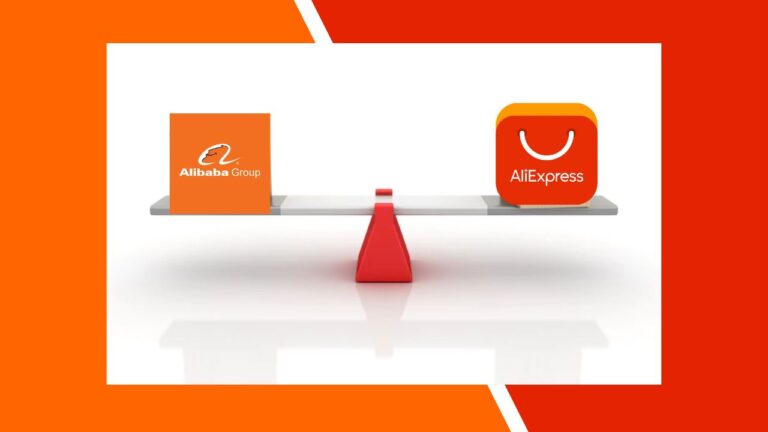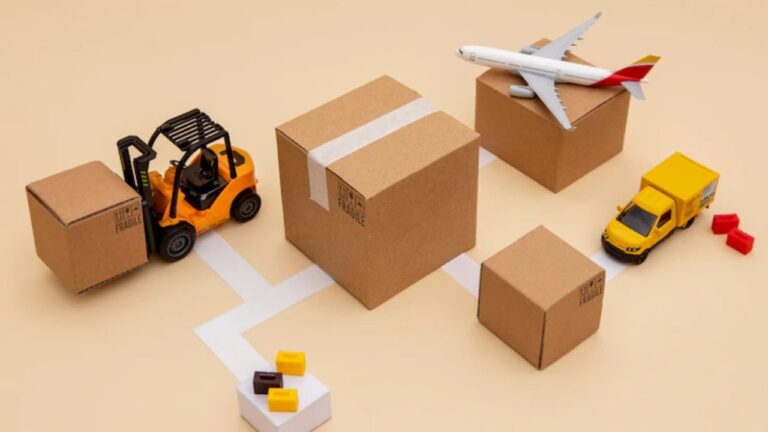There are obvious risks with shipping anything worldwide or within the country. If you’ve ever sent a package, you know how many things may go wrong in transit. In such a case, cargo insurance is a must. To begin, let’s define cargo insurance.
What is Cargo Insurance?
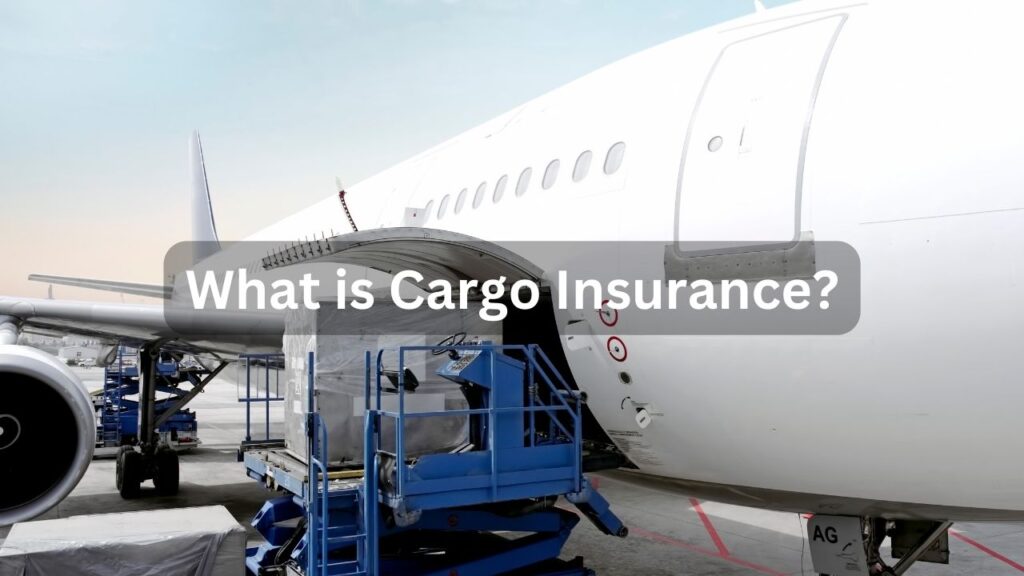
Whether your goods are at risk of being damaged in transit, stolen, or valued at only the “generic average,” cargo insurance is the best way to safeguard their worth. Some regions may require additional payment for cargo insurance, while others may not.
Instead, shippers and receivers can buy cargo insurance policies through general brokers, specialty brokers, independent agents, online marketplaces, and freight forwarders. Cargo insurance protects your goods and money. It can range from motor truck cargo insurance to air freight cargo insurance.
Why is it important?
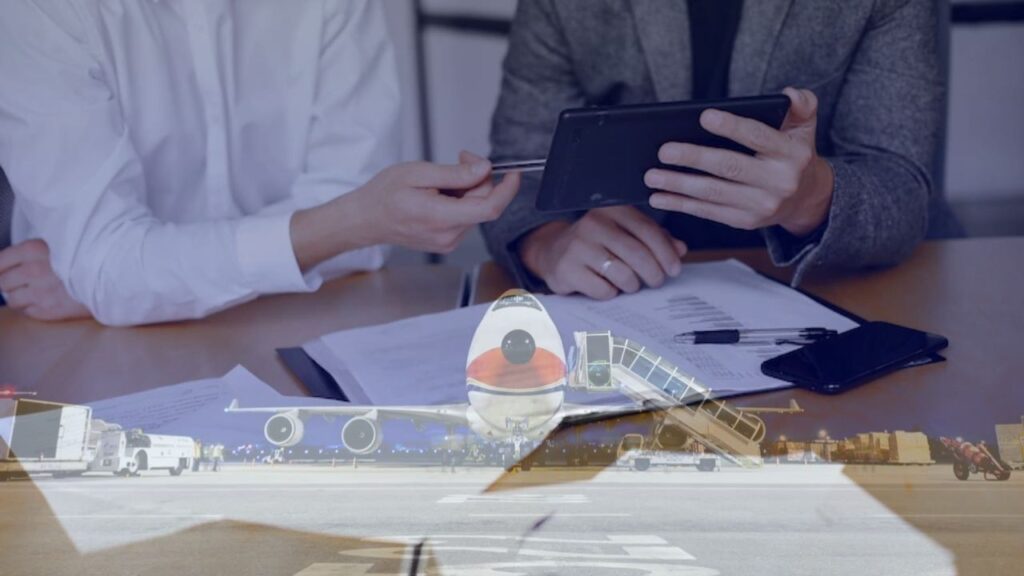
Moving is a long and dangerous process.
There are several essential stations along the way. Still, the increased handling increases the likelihood that anything may get broken in transit or damaged in vehicle accidents. Therefore, cargo insurance is a must if you want to rest easy and avoid the headache of replacing lost or broken items during long-distance shipping.
It also contains the following benefits for your company:
· Unexpected things won’t stop your cash flow.
· It’s still profitable if it’s covered.
· Efficient claims processing due to expert service
· Simplification of loss reporting
Who is responsible for Cargo Insurance during International Shipping?
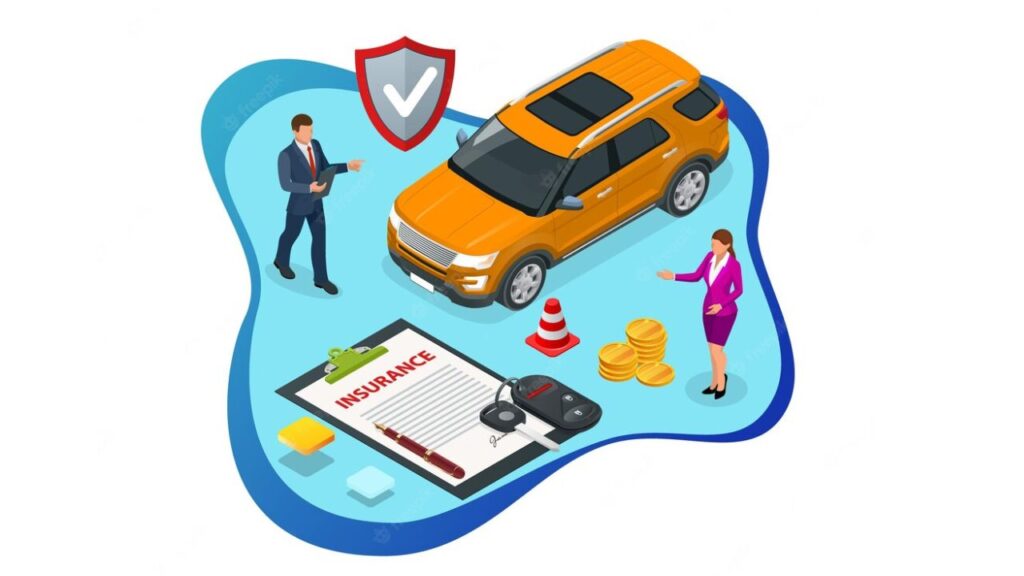
In the other article, we talked about different Incoterms. It spoke of the buyers’ & sellers’ rights and obligations at different Incoterms.
If you read there clearly, you will find that under EXW and FOB trade terms, the seller finishes his delivery within their factory, the export seaport, or airports. So no matter whether damaged or lost shipments happened under EXW and FOB trade terms, sellers will not be responsible for the product after the delivery. That means Cargo owners should be responsible for Insurance, which should be the buyer’s responsibility when choosing EXW and FOB trade terms.
While for trader terms under DDP, CIF. The seller should be responsible for the damage occurred. As if any cargo abandonment or injury happened, the buyer’s financial loss during international shipping. The seller needs to send a new one to replace it.
Types of Cargo Insurance

There are four common cargo insurance types:
- Express Freight cargo insurance
When I am talking about Express Freight cargo insurance, it means the shipping method chosen by Express Freight, such as DHL, UPS, FedEx, and SF Express. They are four popular international express shipping methods that can ship from China worldwide. So freight insurance for Express shipping it is. Express freight is usually suitable for small business owners.
- Air freight cargo insurance
Insurance for products in air transport is called “air freight carriers’ cargo insurance.” This policy safeguards the interests of the buyer or seller of the insured goods. In addition, it compensates the insured for lost, stolen, or destroyed goods and, in some situations, for delivery delays.
Air freight carriers also provide warehouse-to-warehouse coverage for Insurance. In most cases, a lot of external factors depend on this type of cargo insurance as rules differ from country to country.
- Marine cargo insurance
This policy covers both maritime and aviation travel. Transport vehicles and their contents are insured here against loss or damage sustained during cargo loading or unloading and from natural disasters, theft, and other risks.
Marine cargo insurance, in contrast to land cargo insurance, is designed to cover shipments crossing international borders. Especially those that are being transported by air or sea. A marine cargo insurance provider covers damaged goods during loading and unloading, stormy weather conditions, hijacking, and a few other incidents since they are more likely to occur during international shipping than domestic transport.
- Rail freight cargo insurance
Rail freight from China to Europe is one of the most efficient methods when big quantities of goods must be sent promptly and securely. Rail transport is often used for a long-distance and transcontinental cargo of all sizes. The use of railroads for transporting goods is on the rise because it is both economical and environmentally friendly.
However, securing Insurance for rail shipping can be difficult. This is due to the unique nature of railroad insurance for rail shipments. Although rail transport is usually the most cost-effective option, it isn’t always feasible or practical due to the distance between the warehouse and the client or store.
What Types of Damages are not covered in Cargo Insurance?

While most insurance policies will cover any harm you experience, the finer points may not be covered. They consist of the following:
- Poor package shipments’ damage.
It’s possible that if your items are damaged during shipment because of improper packaging, your insurance company will not pay for the repairs.
2. Flawed products damage
Suppose defective goods are included in your shipment. In that case, your carrier’s liability insurance may not cover any resulting harm to your cargo.
When do you need to buy cargo insurance?

Moving is a long and dangerous process. Loading and offloading from trucks and containers, passing through ports and inspection sites, and passing from one warehouse clerk to the next are just some of the many hands that will touch your shipment before it reaches you.
There are various important stops along the way, but the increased handling raises the likelihood that anything may get broken in transit. If you want to rest easy and avoid the headache of replacing lost or broken items, cargo insurance is a must.
How much does cargo insurance costs take?
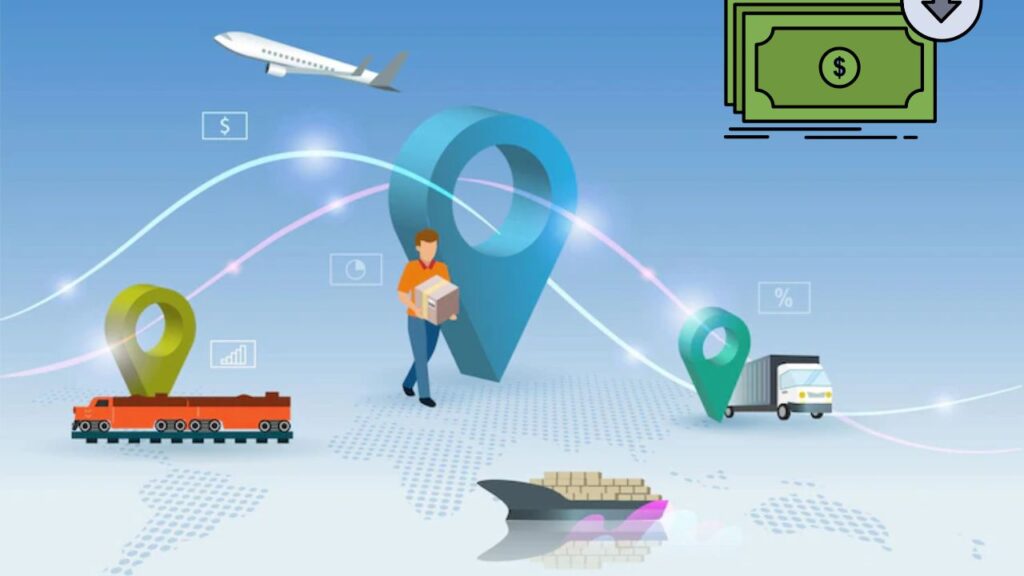
Now that you know the many cargo insurance kinds, you may wonder how much each one costs. To calculate the insurance premium for a single shipment, multiply the insured value by the policy rate. Remember that the answer to this question will change based on the insurance company you select and the goods you intend to insure.
We’ll calculate for you: if your commercial invoice is worth $50,000 and your insurance company charges $.50 per $100 with a $10 minimum. Your insurance premiums are $250, while the business invoice value is $50,000.
But if you let DFH help to buy the Insurance, you do not need to pay $250 but $180, which is much cheaper if you ship from China often.
How to make a Claim if damaged or lost during international shipping?
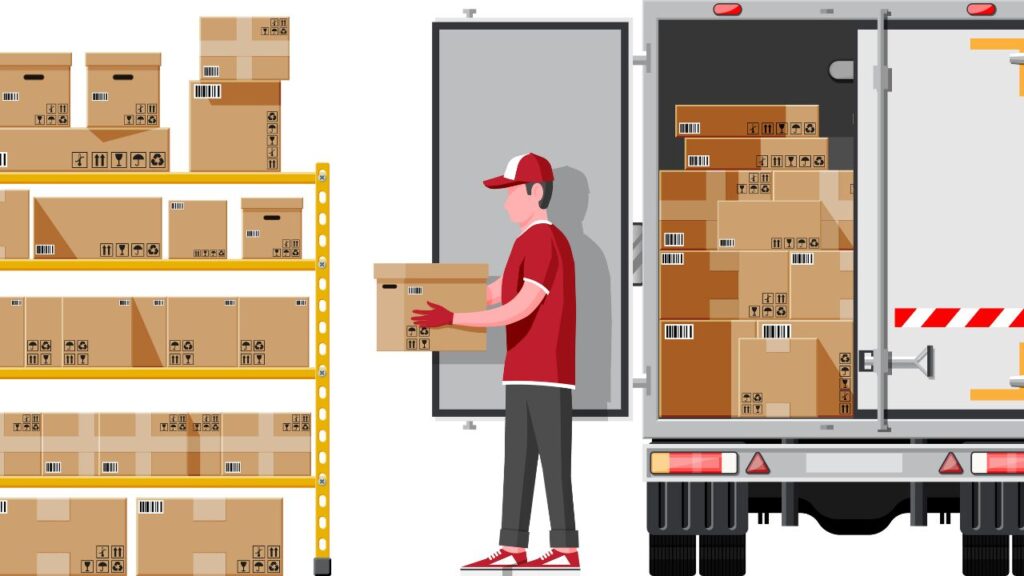
A claim must be filed within a specific time to hold a carrier accountable for loss, damage, or theft. For example, there is a two-year time limit for the consignor to file a claim for damages on an uninsured shipment that was sent via air or sea freight. However, that period is reduced to just one year when talking about road transit.
Carrier liability must be established before the consignor can file a claim with an insurance company if the shipment was insured. In addition, insurers’ deadlines for claims submission are often inconsistent.
If your insurance claim is valid, you can expect a full reimbursement of the amount listed on your commercial invoice. Market value will be utilized in place of a commercial invoice if one does not exist. The insurance company then holds the carrier accountable for reimbursing the applicable expenses.
· Recognizing the items.
· Obtain detailed information regarding your lost or damaged items. After receiving this from the claimant, the carrier can verify the products’ identities.
· You should have paperwork, such as a commercial invoice if you were attentive while booking the shipping.
· Confirmation. The claim will be evaluated and verified by the carrier or forwarder.
· Valuation. The value and amount of any damages will be calculated with the help of the shipper.
· The carrier is given a payment request.
Where to buy Cargo Insurance?

Cargo insurance is provided by many different transportation companies, brokers, and forwarders. Due to their extensive knowledge of the sector and the large number of goods they move, freight forwarders are in a prime position to offer competitively comprehensive cargo insurance coverage.
- Contact a cargo insurance company to buy directly.
Get in touch with one of the cargo insurance providers to learn more about the availability of insurance services in your area. Your freight insurance coverage will depend on the nature of the goods, distance, value, and other factors. A cargo insurance company can help you get your cargo insurance.
- Ask your supplier to help buy
Choose suppliers who provide excellent service and can adapt to your unique demands for the best working partnership possible. You can ask your supplier to help you buy the cargo insurance. This is the best way to get it as they know the best ones in the market.
Ask your freight forwarder to buy
Let the cooperate freight forwarder buy cargo insurance is another good choice for you. Freight forwarding companies like DFH offer perfect and secured cargo insurance services. DFH is one of the best China Freight forwarders, providing services for international shipments beginning from China since 2009. We have a complete supply Chain which includes Insurance. Contact with DFH team to help you to
Conclusion
Still, have more questions about cargo Insurance or need help buying it at competitive costs? Then, contact the right insurance provider or freight forwarder, such as DFH, to get things going smoothly right now.



